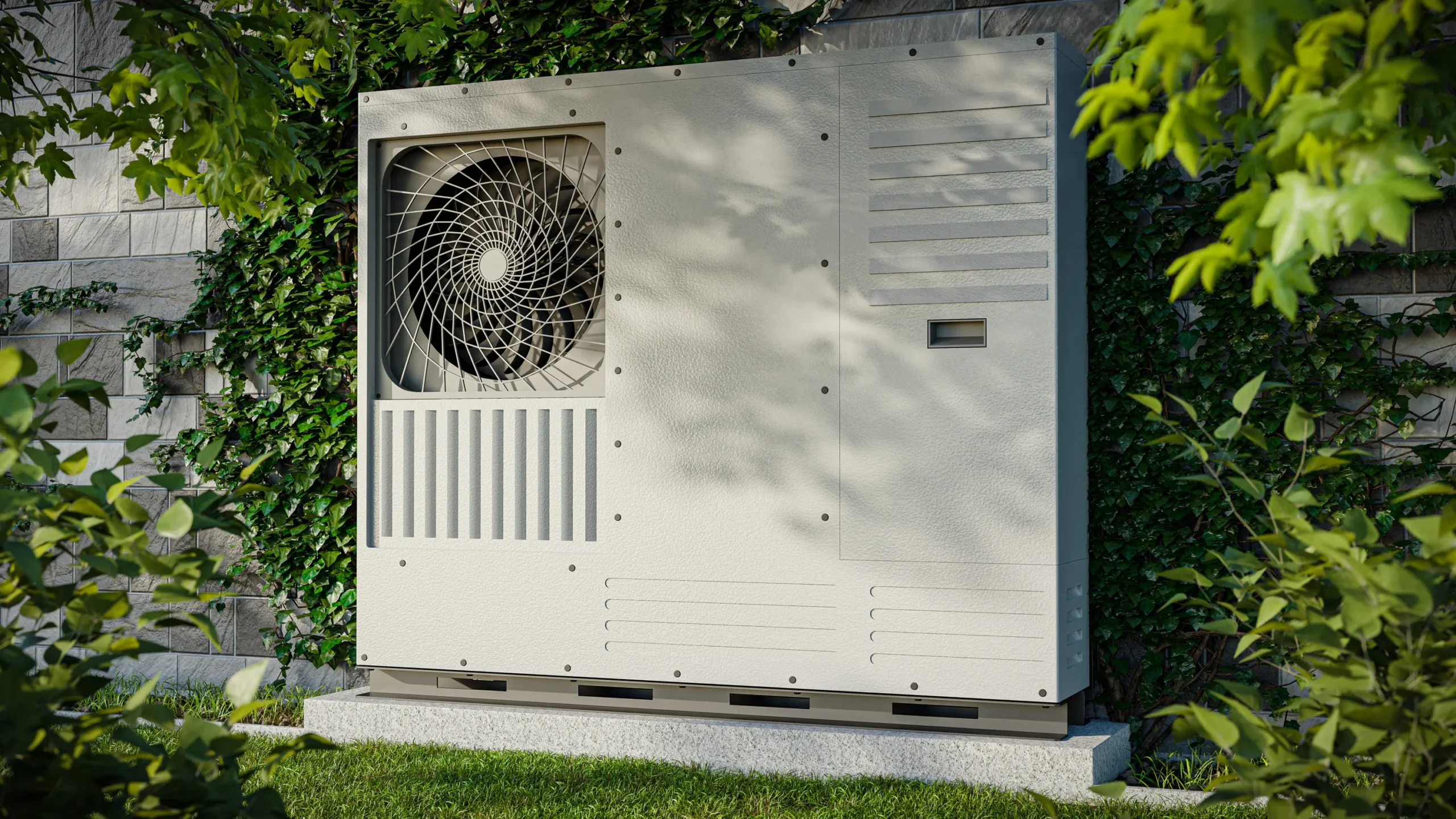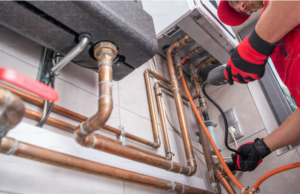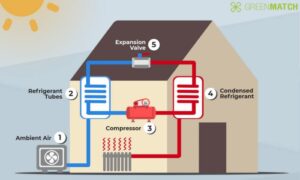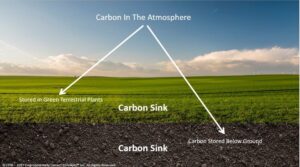A heat pump is a device that transfers heat energy from a source of heat to a destination called a “heat sink.” Heat pumps are designed to move thermal energy opposite to the direction of spontaneous heat flow by absorbing heat from a cold space and releasing it to a warmer one. The most common application of a heat pump is in heating, ventilating, and air conditioning (HVAC) systems for homes and buildings.
Here’s a basic overview:
- Operation Principle: At its core, a heat pump works on the same principle as refrigerators and air conditioners. It uses a refrigeration cycle involving a refrigerant – a substance that circulates through the pump, changing between liquid and gas forms to absorb and release heat.
- Heating Mode: In colder months, a heat pump extracts heat from the outside air (even when it’s cold, there’s still some heat present) or from the ground, and then transfers it indoors. This is why it’s often called a “reverse cycle air conditioner” when used for heating.
- Cooling Mode: In warmer months, the operation is reversed. The heat pump extracts heat from the inside of a building and transfers it outside, thereby cooling the indoor space.
- Types of Heat Pumps:
- Air-source heat pumps: These are the most common type and transfer heat between your house and the outside air.
- Ground-source (or geothermal) heat pumps: These transfer heat between your house and the ground or a nearby water source.
- Water-source heat pumps: These transfer heat between a water source and your house.
- Absorption (or gas-fired) heat pumps: Instead of electricity, these are driven by a heat source such as natural gas, solar-heated water, or geothermal-heated water.
- Efficiency: Heat pumps are often lauded for their efficiency. While furnaces and boilers have to generate heat, a heat pump simply transfers heat, which usually requires less energy. The efficiency of heat pumps is measured using the coefficient of performance (COP), which is the ratio of useful heating or cooling provided to the work required.
- Environmental and Economic Benefits: Because heat pumps use energy to transfer heat rather than to produce it, they can be more energy-efficient than traditional heating and cooling systems, potentially leading to lower energy bills and reduced carbon emissions, especially when powered by renewable energy sources.






